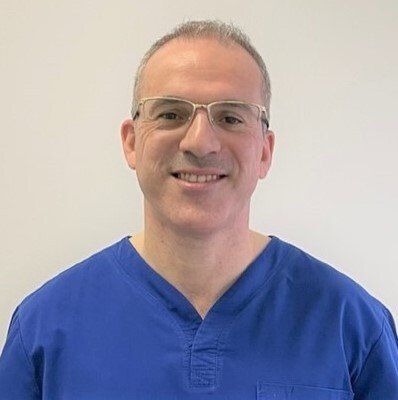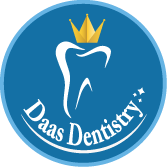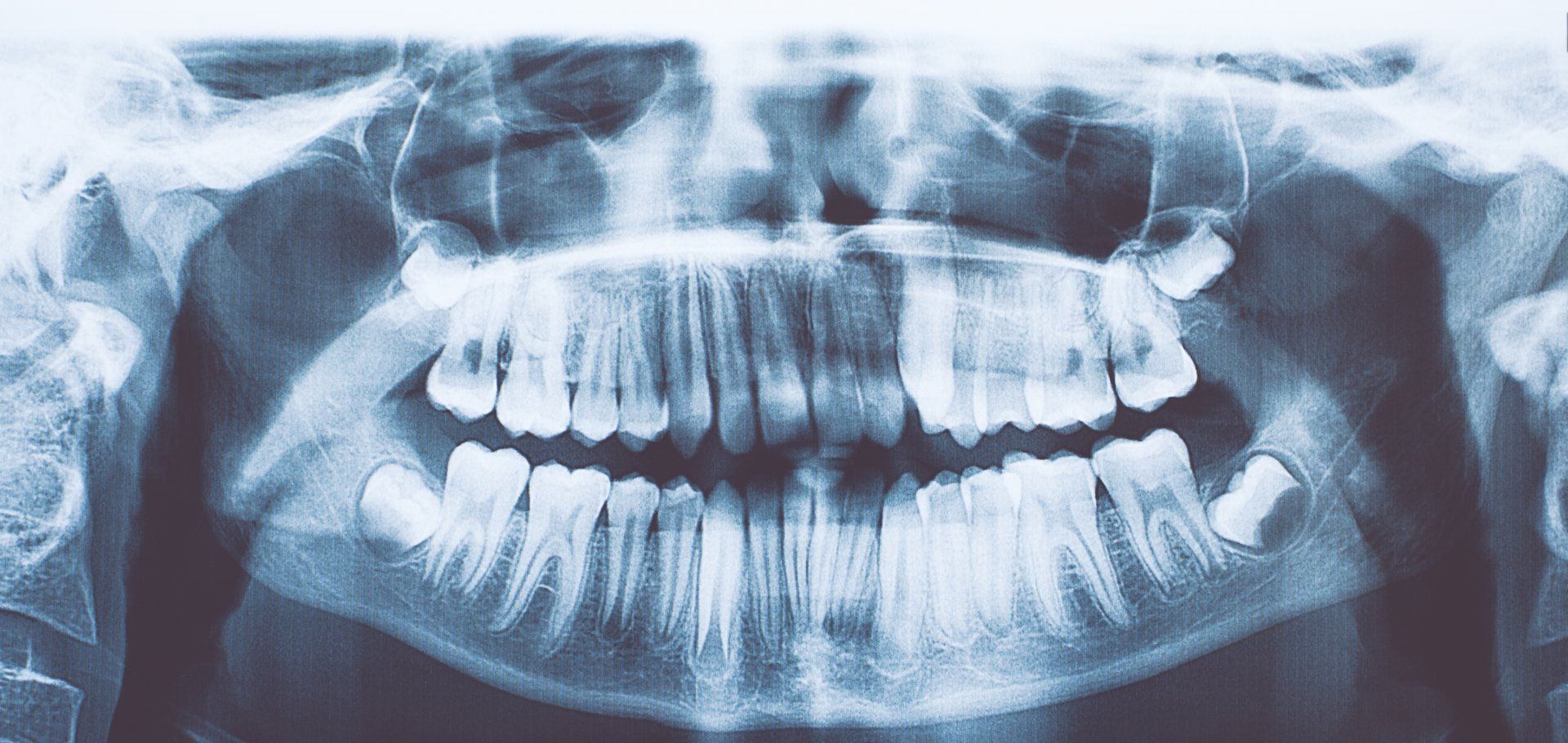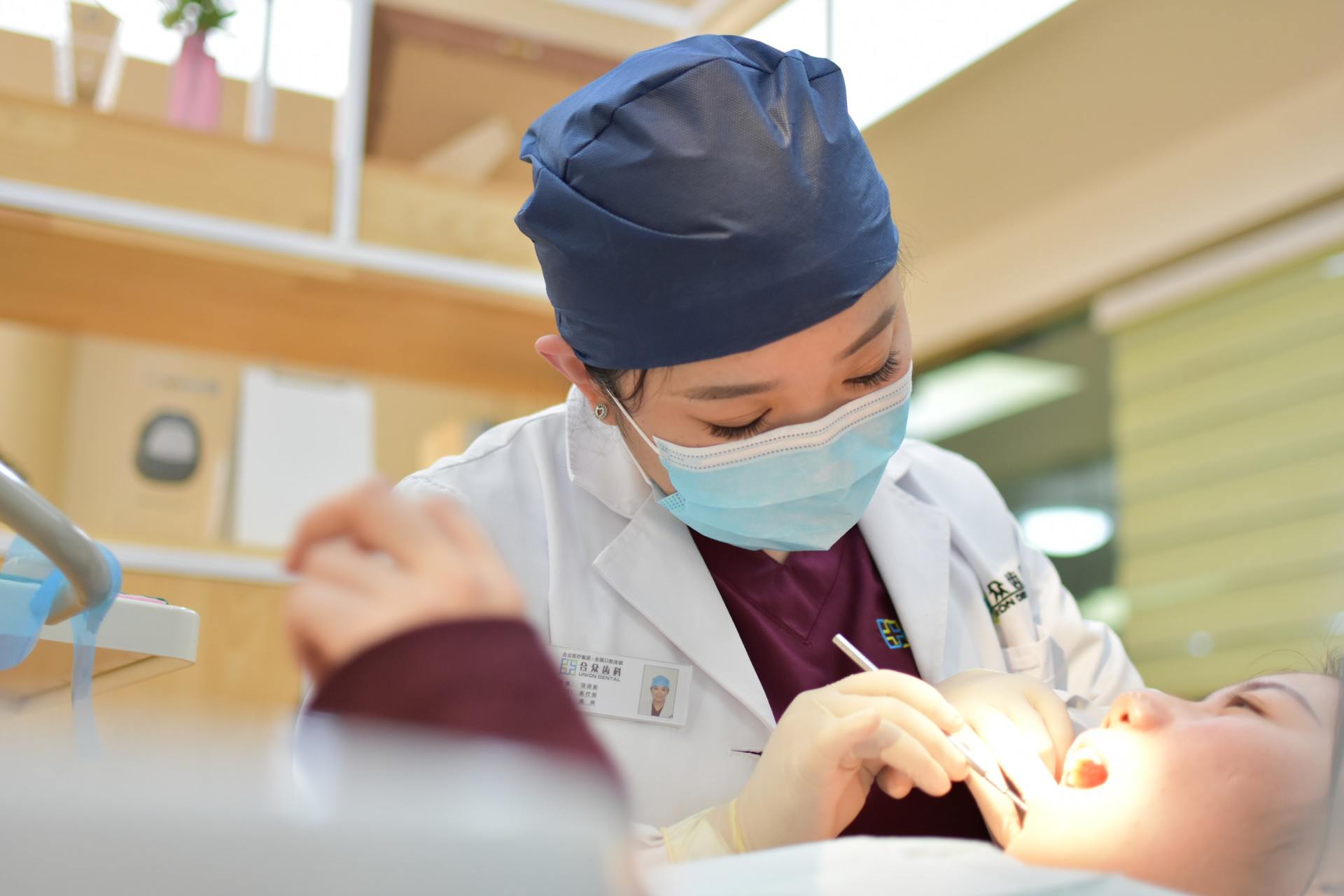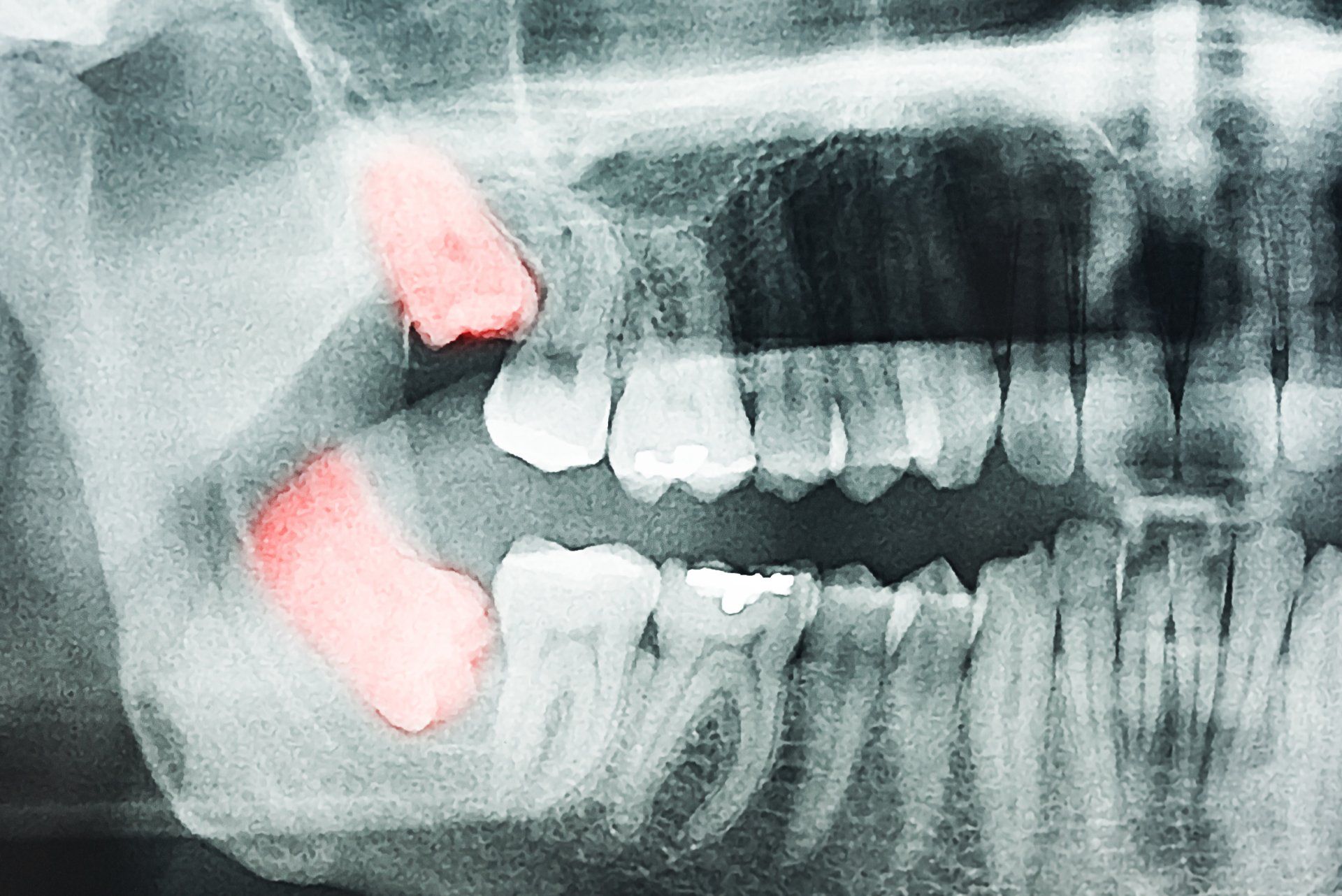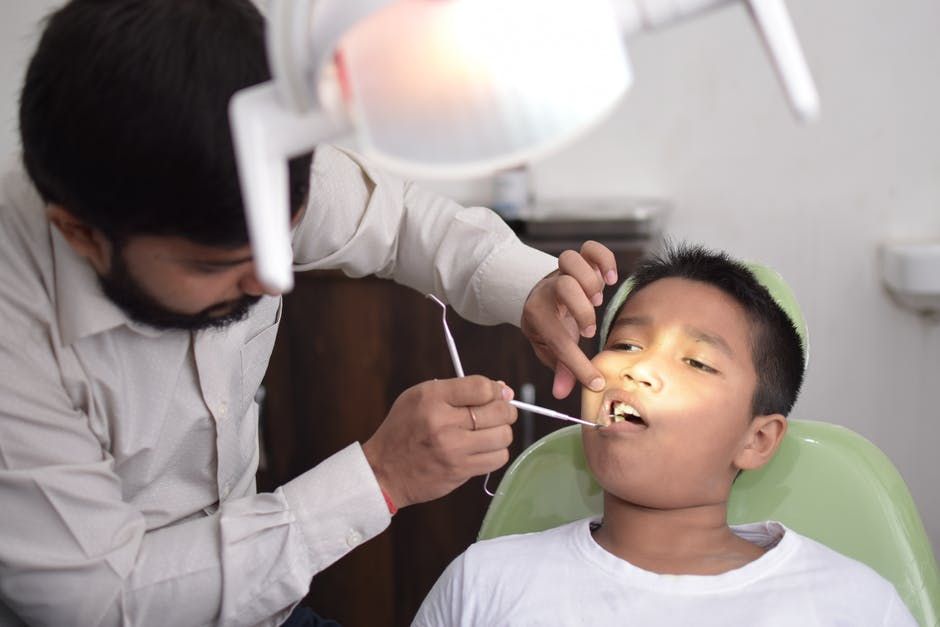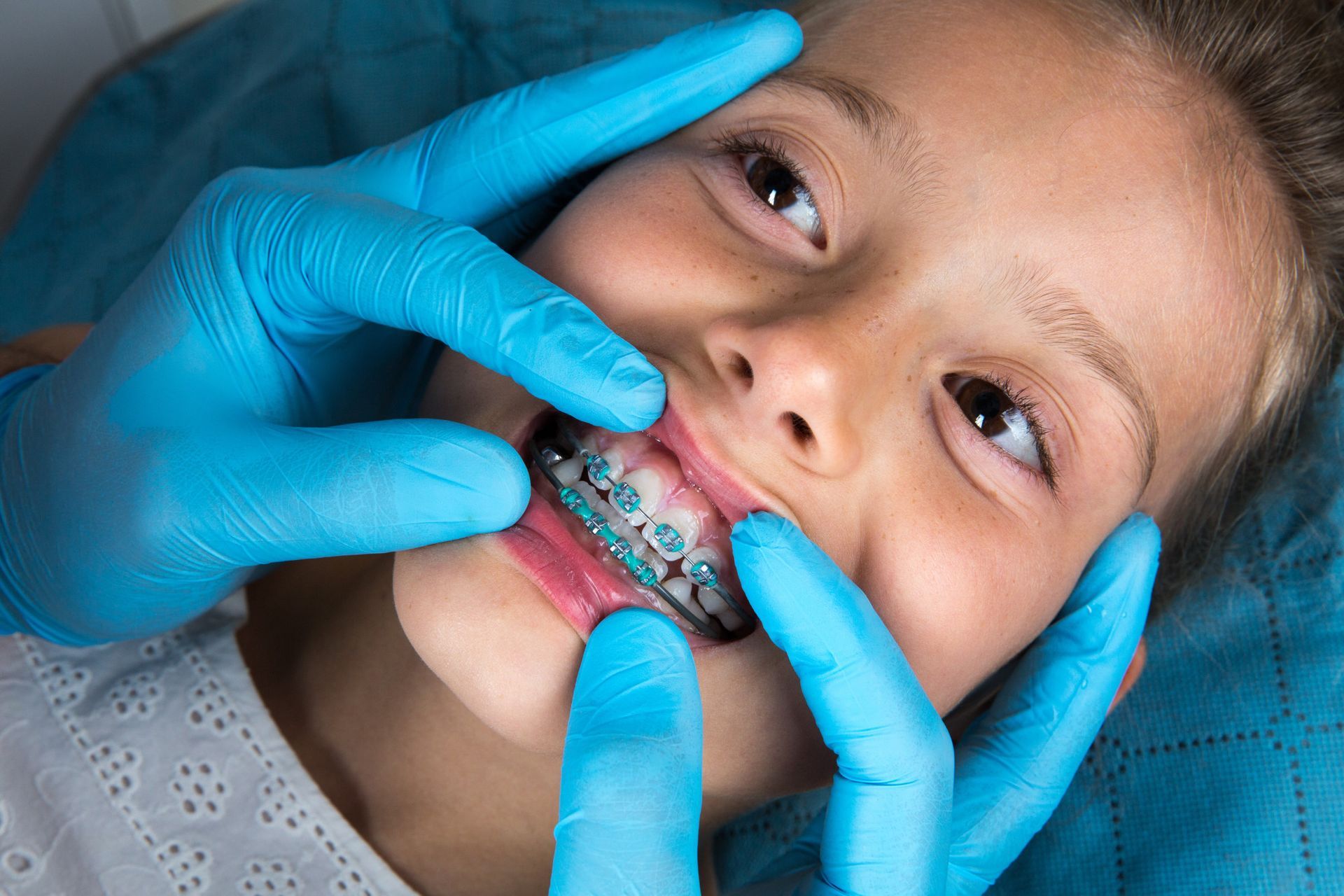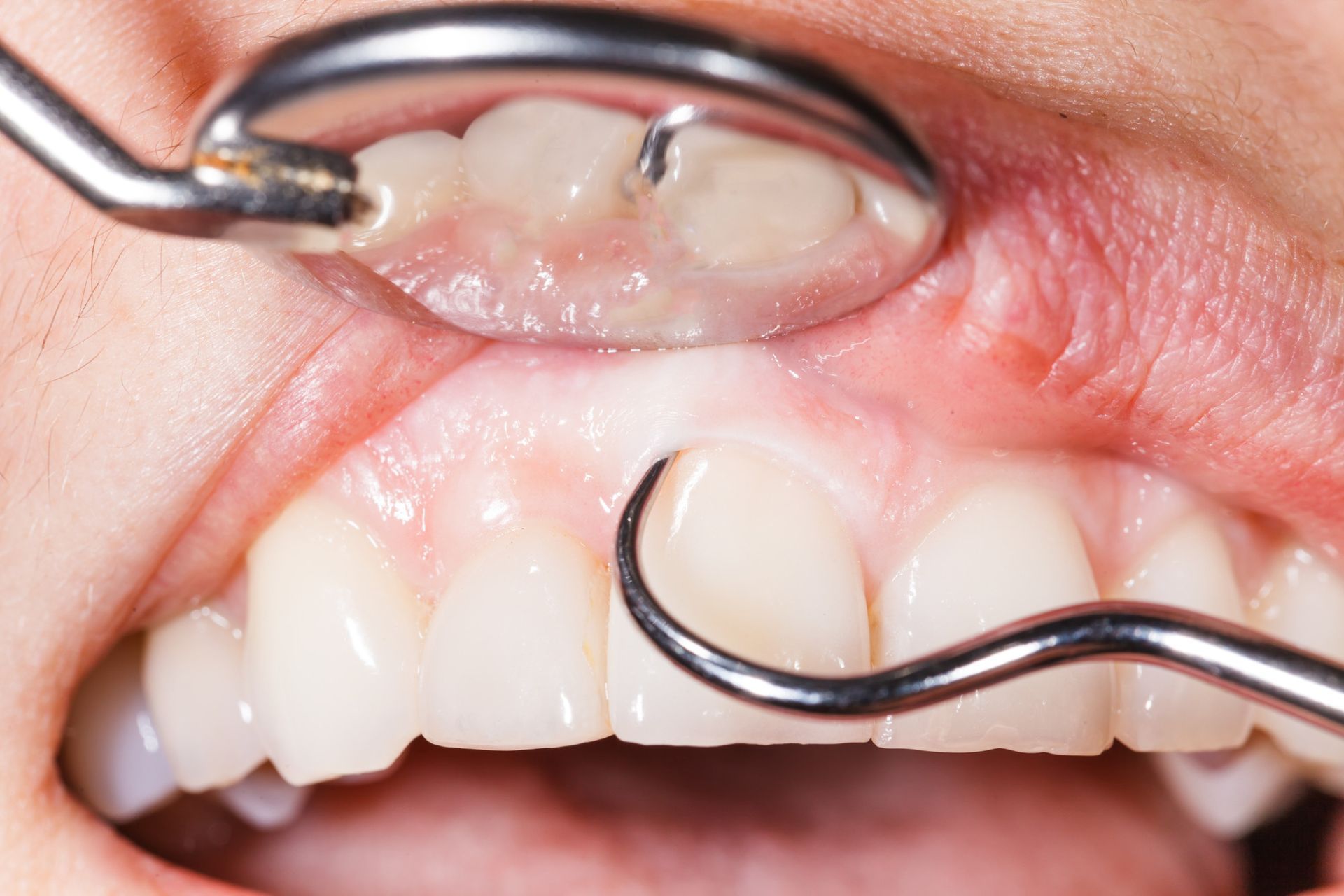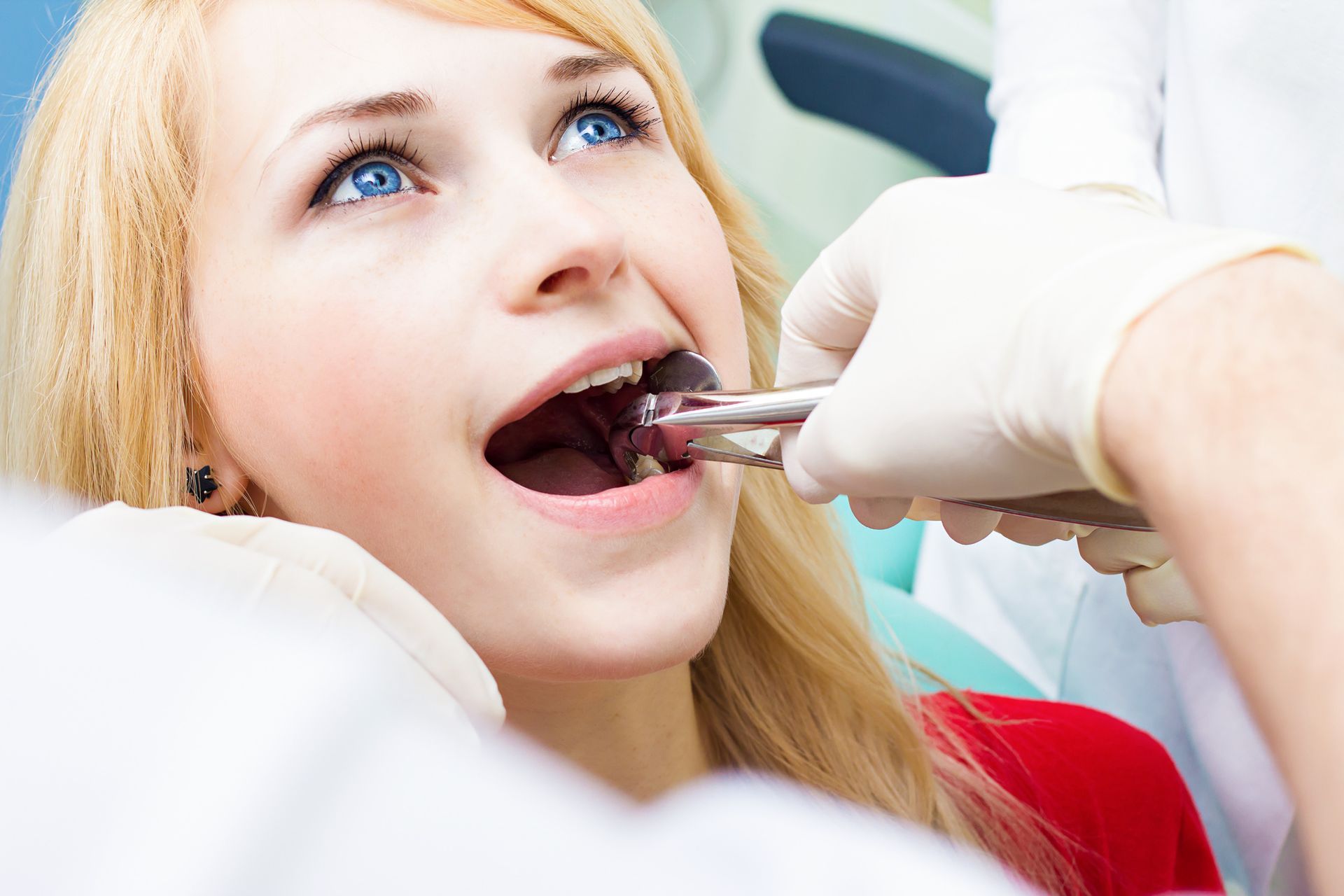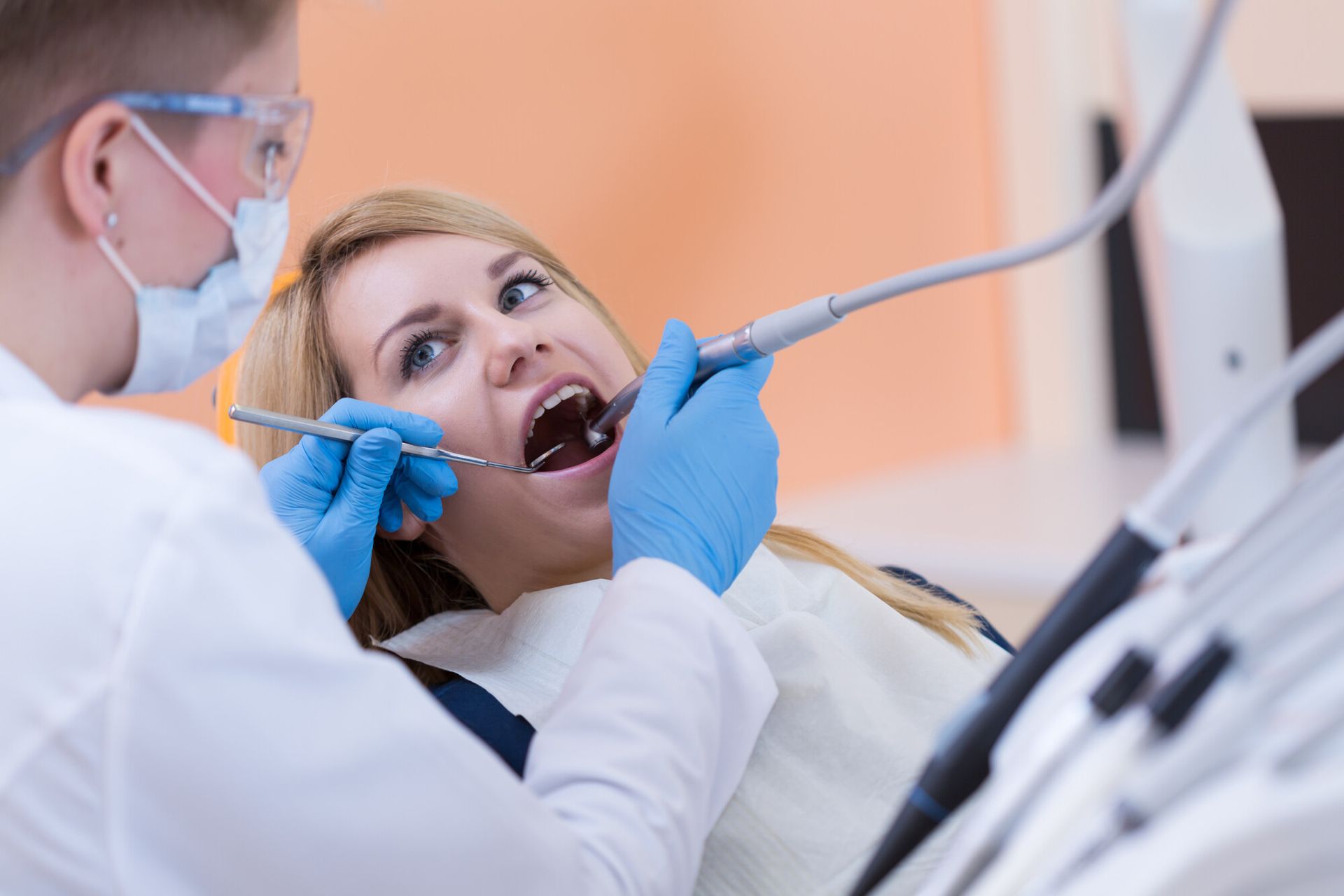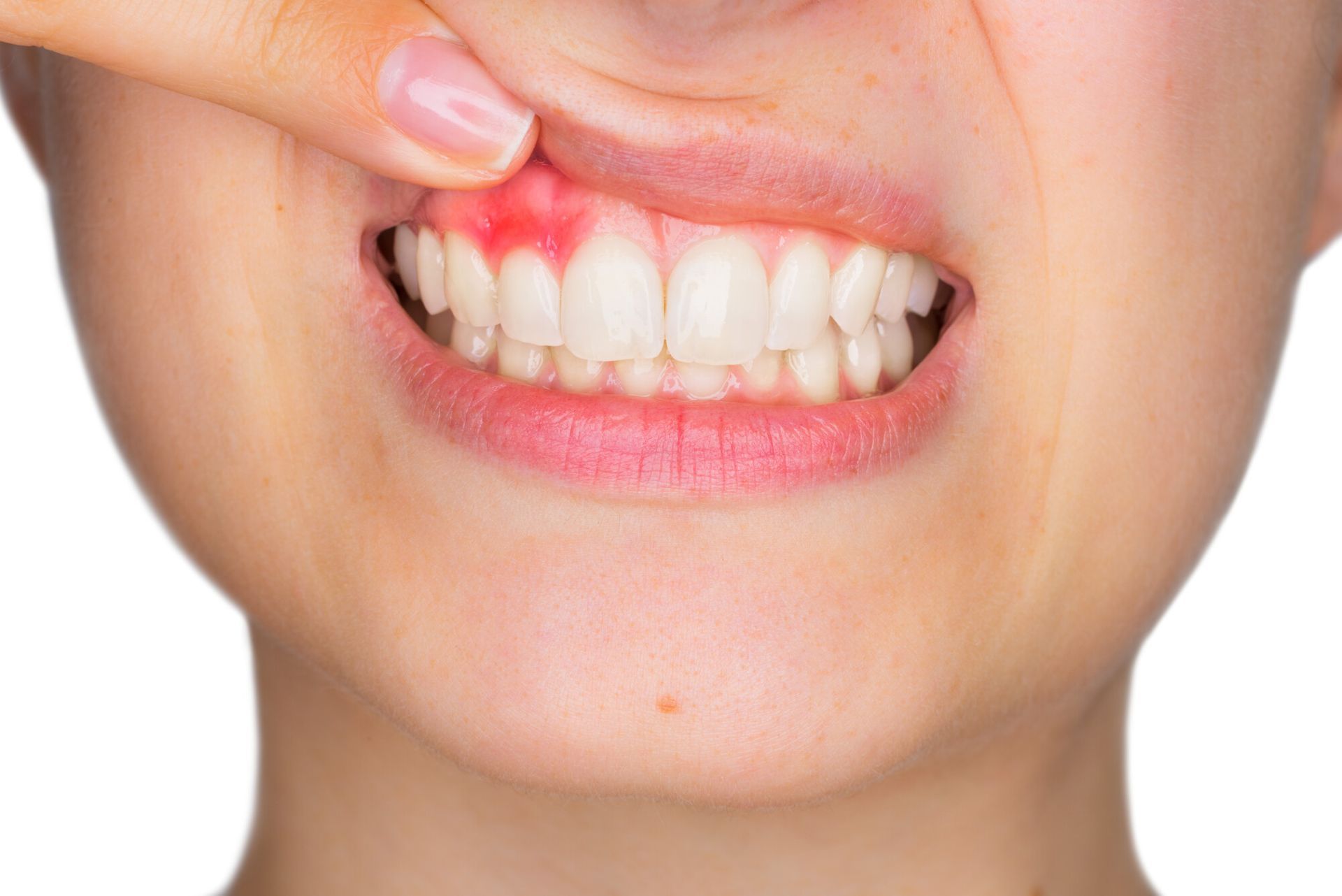Wisdom Tooth Extraction 101 - What Foods & Drinks Are Allowed After the Procedure
Updated: Oct 16, 2023. Originally Published: Nov 21, 2019.
Wisdom teeth normally come in somewhere between 17 and 21 years. Some people never get them, while others may only have a partial set. When wisdom teeth come in and cause severe problems with your other teeth, your dentist may opt to extract them.
If you're scheduled for wisdom tooth extraction, you'll want to prepare for your post-surgery care.
After surgery, it's vital that you follow a proper diet. You'll have a better chance of a smooth recovery. What can you eat and drink?
We've put together a wisdom teeth food timeline. Read on to find out what foods and drinks are allowed during the recovery period.
What to Eat During the Initial Recovery Period
In the first few hours post-surgery, you won't be able to eat solid food. The main reason is that you need to allow some time for the anesthesia to wear off.
At first, you won't have much sensation in your mouth. Eating when you can't feel anything could result in accidental biting of the numb areas of your mouth.
That doesn't mean you should avoid all food. During the initial recovery period, feel free to eat lukewarm broth. You can also try liquid diet supplements.
If you'd like something sweet, try low-acid juice, such as pear or carrot juice. Some patients find drinking beet juice or a juice made with cucumber or watermelon works well.
Highly-acidic juices may irritate the incision site. Avoid drinking citrus juices (lemon, orange, grapefruit). Not only will they cause discomfort, they may cause enough irritation that it slows down the healing process.
Can You Drink Water Right After Surgery?
Most patients can, and should, drink water shortly after a wisdom tooth extraction. Staying hydrated will help the healing process.
The problem-as mentioned above-Is that your mouth might still be numb from the anesthesia. Drinking anything, including water, may be challenging at first. The numbness increases the risk of biting your cheek or lip.
Dentists suggest waiting until the numbness wears off before you attempt to drink.
After you regain sensation in your mouth, you can start sipping water. There is a caveat: avoid straws. In fact, you should avoid straws for the first few days after your wisdom tooth extraction.
Sucking on a straw could dislodge the blood clots that form in your extraction site(s). When that happens, it can lead to a painful condition called dry socket.
When you are able to drink water, opt for room temperature. Hot and cold beverages may cause discomfort.
What about rinsing your mouth with water? Many dentists and oral surgeons recommend rinsing with either salt water or a prescription mouth rinse. Make sure to follow the dentist's instructions about rinsing to promote healing.
The key to healing after a tooth extraction procedure is hydration. Once you're comfortable, sip water throughout the day. This ensures you stay adequately hydrated.
No matter what, listen to your body. Pain, discomfort, or bleeding while drinking water is a signal to pause. Then, consult your dentist.
First 24 Hours after Surgery
By the time you've been drinking water for a few hours, you'll likely feel hungry. This isn't the time to eat that steak dinner you're craving.
In the initial 24 hours, stick to a full liquid diet to avoid disturbing the surgical site. Of course, continue drinking room temperature water, but you can also add clear broths and non-acidic juices.
Broth should be cool or at room temperature, and so should any juice you drink.
Some patients really crave something sweet and creamy after surgery. As long as you don't use a straw, go ahead and drink a smoothie or a liquid nutritional supplement.
What about ice cream?
The cold texture of plain ice cream is usually soothing to the extraction site. Go ahead and indulge. Just don't choose ice cream with nuts, pieces of candy, or chunks of fruit.
What Is the Big Deal about Chewing?
Limiting chewing after a wisdom tooth extraction is critical for a smooth and successful healing process. Here's why:
Protects Blood Clots
After a tooth extraction, a blood clot forms in the socket. The clot protects the underlying bone and nerves. Chewing too soon or too vigorously can dislodge this clot.
If dislodging a blood clot leads to a dry socket, you may experience extreme discomfort. That's because dry socket exposes the sensitive nerves and bone.
Dry socket not only hurts, it delays healing.
Reduces Irritation
Chewing involves moving your jaw. It also puts pressure on the surgical area. Pressure can cause irritation, swelling, and bleeding. All of these things may hinder the healing process.
Minimizes Infection Risk
The first few days after surgery are a critical period for healing. Dislodging blood clots and causing irritation can create an entry point for bacteria. This increases the risk of infection.
Promotes Blood Flow
Resting and avoiding excessive chewing allows the blood vessels in the extraction area to be repaired. It also nourishes the tissues more effectively.
Preserves Sutures
Chewing too soon or too forcefully can strain your sutures. Your oral surgeon placed sutures to close the surgical site. Chewing too soon could potentially cause them to loosen or break.
Reduces Pain and Discomfort
Chewing can be painful and uncomfortable in the days following a tooth extraction. This is especially true when the surgical sites are still healing. Limiting chewing during healing helps manage pain and discomfort.
Encourages Proper Healing
Allowing the extraction site to heal without disturbance ensures the gum tissue and bone mends properly. Chewing too soon can interfere with healing.
It's important to follow the post-extraction instructions provided by your dentist or oral surgeon. These instructions will help optimize your healing and prevent complications.
As your healing progresses, you can gradually reintroduce normal eating habits.
How to Eat 24-48 Hours Post-Surgery
Congratulations, you made it through your first 24 hours! Now, you can gradually start eating soft and easy-to-chew foods. These are a few foods most people can tolerate after a wisdom tooth extraction:
- Mashed potatoes
- Yogurt
- Pudding
- Applesauce
- Jell-O
Purees made from fruite or vegetables are another tasty addition to your post-extraction diet. Cream soups work well as long as they don't have pieces of meat or vegetables that you have to chew.
Remember, your gums will be sensitive for several days. Eating foods such as mashed white or sweet potatoes and creamy soups is great, but eat them at a lukewarm temperature. Hot foods may cause pain to the surgery site.
Can You Chew Ice after Wisdom Teeth Removal?
Your dentist or oral surgeon will remind you that it's important to stay hydrated after your extraction. Anesthesia can make your mouth dry, so drinking water will likely feel comforting. Water helps replace the saliva in your mouth.
Sipping clear liquids, especially water, also helps keep your mouth and the surgical site clean.
It would seem that since ice is frozen water, you could suck on ice chips, right?
Sucking or chewing on ice after oral surgery can interfere with recovery. Sucking on anything can irritate the surgical site.
Remember, the sucking action, whether it's through a straw or sucking on ice chips, can dislodge the blood clot at the extraction site. The clot forms to protect the site, and if dislodged you could end up with a dry socket.
It's vital that you stay hydrated after your procedure, but there are better ways to do it than sucking on ice chips.
Count Down to Solid Foods
Once you pass the 48-hour mark, you can begin adding more solid foods to your diet. You should have already experienced some healing at the extraction site by this time.
Most patients feel at least a little bit excited to add some of the following foods:
- Soft pasta
- Scrambled eggs
- Oatmeal
- Cottage cheese
- Avocado
- Yogurt with soft fruits
- Steamed vegetables
Let's talk a little more about what these soft foods add to the diet of someone healing from a tooth extraction procedure.
What Value Do Soft Foods Offer?
After a tooth extraction procedure, your body needs help recovering. You'll want to make sure you get enough protein-rich foods in your diet. You'll also need plenty of vitamins and minerals.
The soft foods you're able to eat during the week after your procedure can help with recovery.
You may feel ravenous by now and pasta is filling. Cook your pasta until it's very soft. Combine it with a gentle sauce and voila, and you have a filling meal.
Soft, scrambled eggs provide protein. Unlike some other protein sources, you won't need to chew scrambled eggs forcefully.
Cooked oatmeal is a warm and nourishing option that's easy to eat. Add a sprinkle of cinnamon, and you have a sweet, yet substantial breakfast.
Cottage cheese is a soft protein source that's gentle on your mouth.
If you love avocado, this week, you can eat as much as you want. Mashed avocado eaten with a spoon is a decadent meal. If you enjoy avocado toast, it's better to hold off for another week or so as you'll need to chew it.
Mix yogurt with well-ripened and soft fruits for added flavor and nutrition.
You might not think of carrots and broccoli as something you can eat after oral surgery. If you cut them into small, bite-sized pieces, you can manage them comfortably.
We haven't mentioned tea up to this point. This week, feel free to add room temperature herbal teas to your diet. They may provide soothing relief without causing discomfort.
What To Eat After One Week
One week after your wisdom teeth extraction, the world is your oyster. You can even eat oysters if you really love them, but only because most people swallow oysters without chewing.
What about the rest of the foods you've been craving?
Most people find that even though they feel much better in one week, they're still not usually ready to eat a burger or a steak. Why not?
For one thing, your jaw may feel sore and stiff. Some people struggle to open their mouth fully so soon after oral surgery. That limits your ability to wrap your mouth around a juicy hamburger.
So, take it slow and keep your tooth extraction diet limited to foods you can chew easily.
We recommend avoiding hard, crunchy, and spicy foods. In another week or so, you can eat chips, popcorn, and other crunch snacks. You likely won't be ready for salads or other foods that require heavy chewing.
When Can You Drink Coffee?
If you count on your morning brew to get moving in the morning, you'll need to wait until at least 24-48 hours after your procedure. Some dentists advise to wait at least five days before consuming any caffeinated drink.
Caffeine causes your blood vessels to dilate. This can lead to increased blood flow (and blood pressure). At that point, you're at risk for bleeding, which could dislodge the blood clot(s).
Once you're able to introduce warm and hot beverages back into your diet, coffee is fine. Although
coffee may not be ideal for your overall dental health. The same suggestion stands for tea-regular and herbal.
What About Alcohol?
This is a question for your oral surgeon. Generally, you have to wait at least 48 hours after your procedure to consume alcoholic beverages.
The main reason for this is that your dentist or surgeon may prescribe pain medication to get you through the first few days after surgery. Combining alcohol and certain medications (including prescription pain meds) can be dangerous.
Check with your oral surgeon and follow their guidelines. You don't want to do anything that harms you or interferes with healing.
Frequently Asked Questions (FAQs)
Questions About Your Wisdom Teeth Food Timeline?
If your wisdom tooth extraction is coming up soon, keep this article handy. That way, when you're ready to eat and drink, you won't need to feel stressed and worry that you're consuming things that interfere with healing.
The dental care team at Daas Dentistry can also answer any questions you may have regarding your wisdom teeth food timeline.
If you're experiencing pain from impacted wisdom teeth or have other dental concerns, please
book an appointment
at either our Mississauga or Stoney Creek offices. We look forward to helping you with all of your dental needs.
